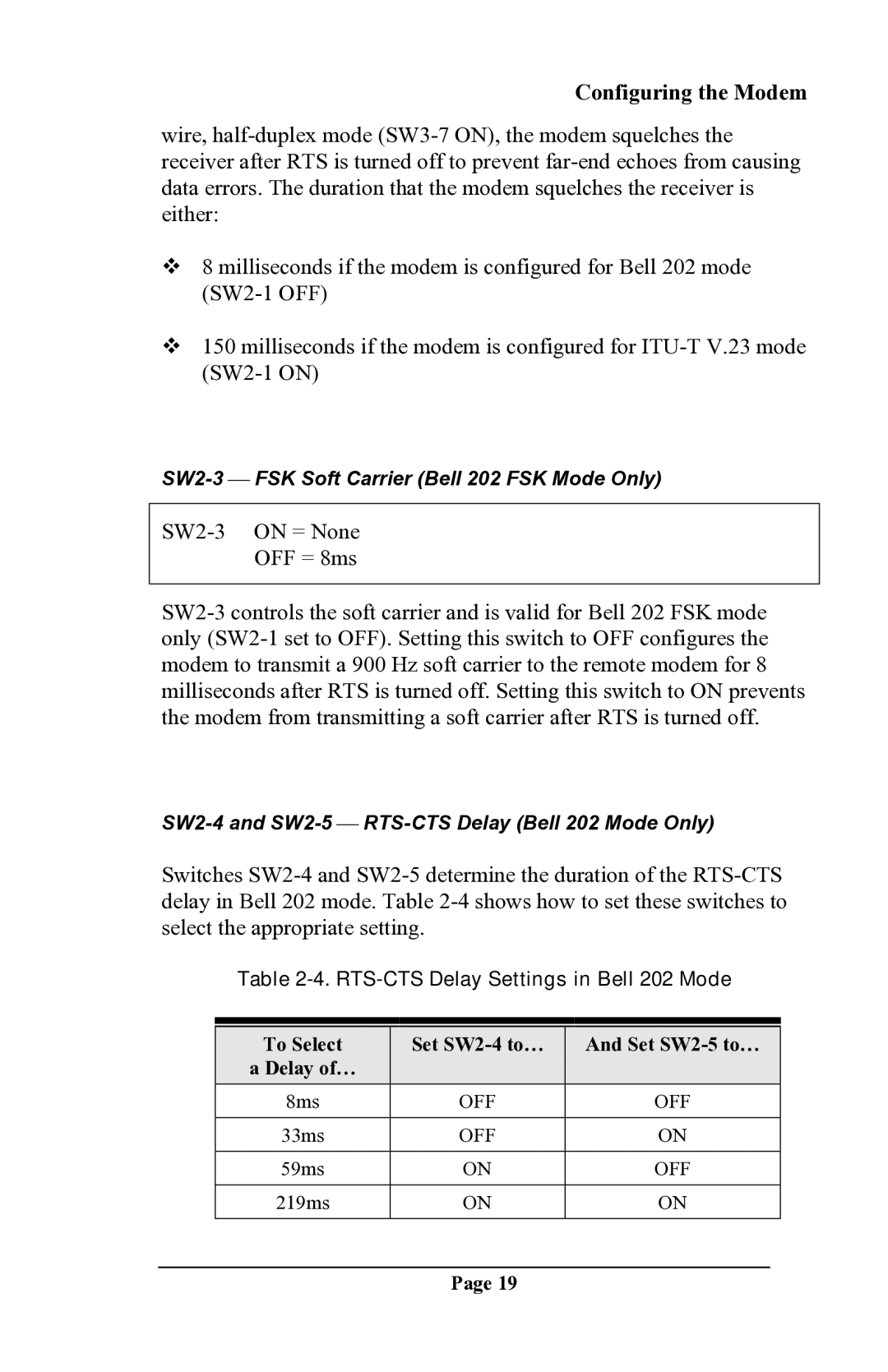DSP9612 specifications
The Delta DSP9612 is a powerful digital signal processor that has gained attention in various fields, particularly in audio processing, telecommunications, and embedded systems. With a focus on performance and efficiency, the DSP9612 offers a combination of advanced features and technologies that cater to the demands of modern applications.One of the main features of the Delta DSP9612 is its high-performance architecture. It supports a range of data types, including fixed-point and floating-point formats, which enables it to efficiently handle complex algorithms and high-speed processing requirements. The DSP operates at clock speeds of up to 300 MHz, allowing for rapid execution of mathematical operations, making it ideal for real-time applications.
Another significant characteristic of the DSP9612 is its versatility. The processor is designed to support multiple communication interfaces, including I2C, SPI, and UART, which facilitates easy integration with various peripherals and systems. This flexibility is a key advantage for developers looking to create custom solutions tailored to specific needs.
The Delta DSP9612 also boasts an advanced memory architecture that enhances data access speed. It features both on-chip and off-chip memory options, accommodating the storage requirements of complex algorithms while minimizing latency during data processing. With ample RAM and flash memory options, developers can efficiently manage data-intensive tasks without compromising performance.
Moreover, the DSP9612 incorporates numerous built-in digital signal processing functions. These include filters, FFT (Fast Fourier Transform) algorithms, and audio codecs, which are essential for audio signal manipulation and enhancement. This built-in functionality reduces the need for additional external components, simplifying system design and lowering overall costs.
The Delta DSP9612 is optimized for low power consumption, making it suitable for battery-operated devices and applications where energy efficiency is a priority. Its power management features help to extend the operational life of devices while maintaining peak performance.
In summary, the Delta DSP9612 stands out in the digital signal processing landscape due to its high-performance architecture, versatility, advanced memory capabilities, built-in DSP functions, and low power consumption. As technology continues to evolve, the DSP9612 remains a reliable choice for developers seeking robust and efficient solutions in audio processing, telecommunications, and embedded systems.

